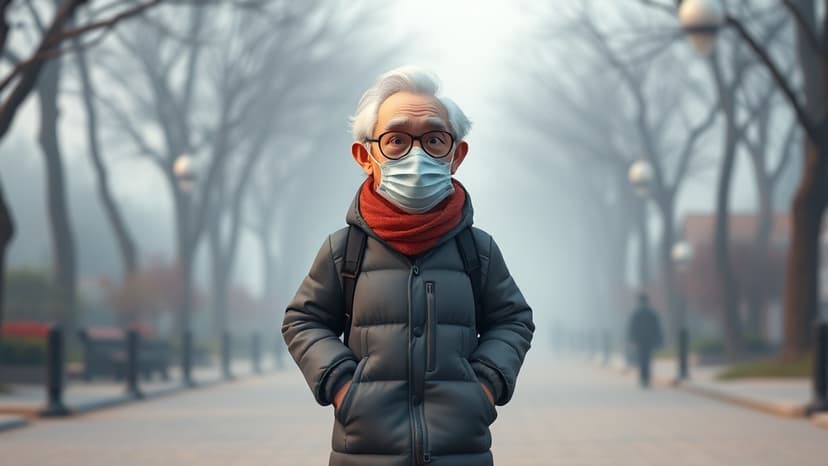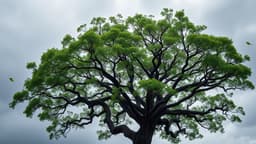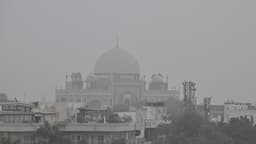Home / Environment / Delhi Smog Crisis Robs Elderly of Winter Freedoms
Delhi Smog Crisis Robs Elderly of Winter Freedoms
17 Nov, 2025
Summary
- Pollution forces Delhi's elderly indoors, away from parks and public spaces
- Air pollution responsible for over 1.7 million deaths in India in 2022
- Spike in pollution increases daily mortality risk for over-60s by 1.5%

In recent years, Delhi's winter smog has transformed the city, robbing the elderly of the simple pleasures they once enjoyed. Gone are the days when the city's parks, pavements, and markets were filled with seniors socializing and basking in the winter sun. Now, these once-vibrant public spaces have become places to avoid, as the elderly struggle to breathe in the toxic air.
The crisis has taken a heavy toll, with air pollution responsible for over 1.7 million deaths in India in 2022, a 38% increase since 2010. For those aged 60 and above, every spike in pollution raises the daily mortality risk by around 1.5%. The wheezing, coughing, and spiraling medication costs have become a recurring nightmare for many families.
The impact extends beyond mortality, straining the city's public health system. Hospital admissions for respiratory illness surge by over 20% during severe smog episodes, and air pollution-related health costs are estimated to drain 3% of India's GDP annually. Yet, the government's response has been inadequate, with little change on the ground despite the Graded Response Action Plan.
The elderly's loss of access to the commons is not just a physical burden, but a fraying of the social contract. Clean air, the freedom to move and participate in public life, are promises every city makes to its citizens. Delhi has broken these promises, year after year, government after government. It's time for decisive action to protect the city's most vulnerable residents and restore their rightful place in the public sphere.



